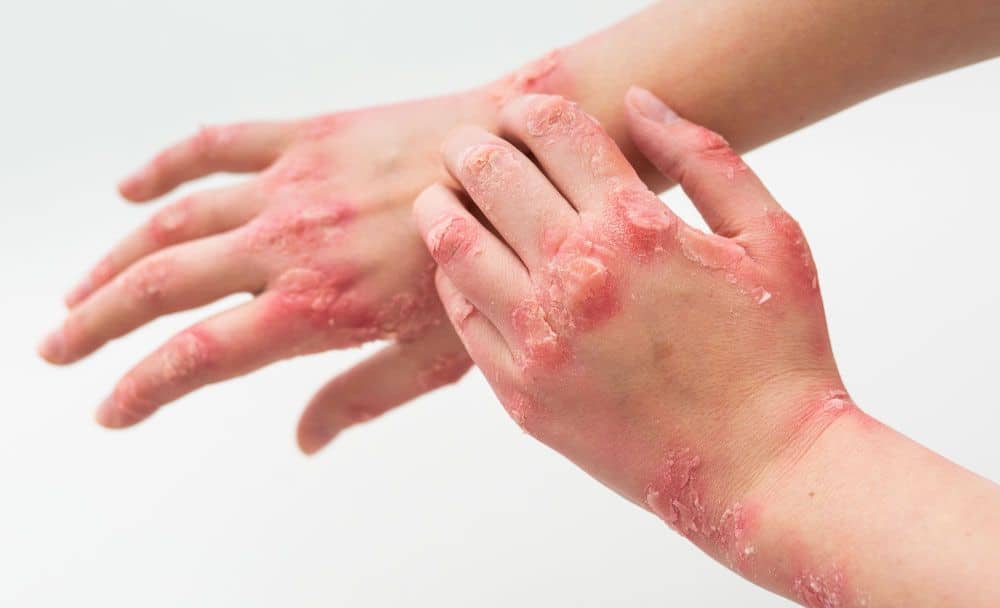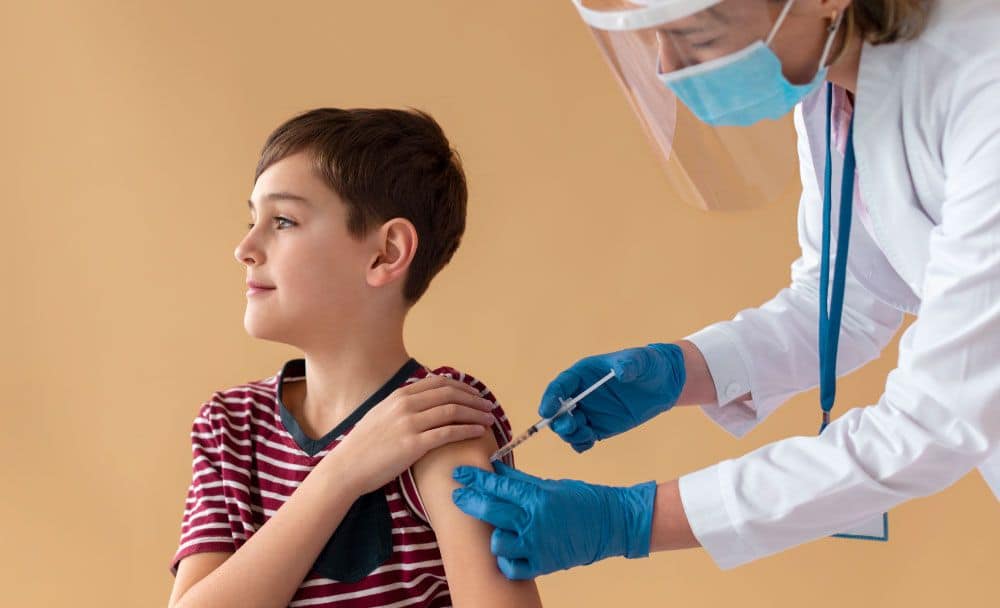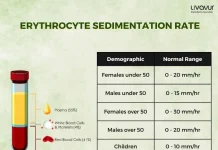Measles, or rubeola, is an infectious viral disease primarily affecting children. According to the measles definition, it is caused by the measles virus and spreads through respiratory droplets when an infected person sneezes or simply coughs. Measles disease was once a common childhood illness worldwide, but with the advent of widespread vaccination programs and measles prevention steps, its incidence has significantly decreased in many parts of the world.[1]
The condition is primarily brought about by a virus that thrives in an infected person’s nose and throat mucus. The measles disease is so contagious that up to 90 percent of the people who come close to someone affected are likely to get infected if they are not immune.[4]
In this article, we will explore measles definition, its symptoms, measles causes of diagnosis, measles treatment, and measles prevention, providing essential information about this infectious disease.
What are the symptoms of measles?
Symptoms of measles disease usually appear about 10 to 14 days post exposure to the virus. The initial signs resemble a common cold, including fever, maculopapular or measles rash, and either cough, stuffy or runny nose, coryza, sore throat, or conjunctivitis with watery eyes and sensitivity to light. However, individuals who have been vaccinated can have milder or even no symptoms.[2]
However, measles disease is unique in that it causes a distinctive measles rash that first appears on the face and then gradually spreads throughout the body. The measles rash typically consists of flat red spots that merge, creating a blotchy appearance.[3]
What are the causes of measles?
The primary measles causes are due to its contagious nature. The measles virus is highly infectious and can be transmitted through direct contact with respiratory droplets or by touching contaminated surfaces. Infected individuals with measles are highly contagious, even through very brief contact. This contagious period makes measles particularly concerning, as measles is caused by spreading rapidly in communities with low vaccination rates. [3]
How is measles diagnosed?
Diagnosing measles disease often involves a combination of clinical examination, evaluation of symptoms, and laboratory tests. A healthcare professional will assess the characteristic measles rash and other measles symptoms and inquire about recent exposure to infected individuals. Laboratory tests include the detection and identification of a specific group of IgM antibodies in serum, dried blood spots, or oral fluid, or even the detection of viral RNA in the throat, urine, nasopharyngeal swabs, or oral fluid.[2]
What is the treatment for measles?
There is no specific treatment for measles disease. Most individuals with the infection are managed with supportive care to alleviate symptoms and prevent complications. This measles treatment includes:
- Supplementation of Vitamin A
- Monitoring for and treatment of secondary bacterial infections with antibiotics
- Rehydration in the case of severe diarrhea[2]
Apart from this, it is important to get adequate rest and stay in bed so that the body can recover. If complications related to measles arise, it may be necessary to go to the hospital or take fever-reducing medications when afflicted by measles.[3]
How can measles be prevented?
Measles prevention is the best way to combat the spread of the disease, as there is no specific antiviral therapy for its treatment.[2]
The most effective method is through routine immunization, typically given in two doses during childhood, first dose in between the ages of 12 and 15 months, followed by a second dose at 4 to 6 years of age.[1]
The MMR vaccine provides long-lasting immunity and has been highly successful in several cases worldwide as a measles prevention step. Maintaining high vaccination coverage within communities is essential to achieve herd immunity, which helps protect individuals who cannot receive the vaccine, such as infants and those with compromised immune systems.[3]
FAQs
- What are some of the complications that are associated with measles?
Some of the complications associated with the measles virus include ear infections, diarrhea, pneumonia, encephalitis, and death in extreme situations.
- When should you not get a measles vaccine?
If you are pregnant, you should not get a measles vaccine. However, you should also avoid the vaccine in case you have an immune system disease or if you have had an allergic response to a previous vaccine.
- When should a healthcare provider be contacted?
You should reach out to your healthcare provider right away if you understand you have been exposed to someone who has the measles virus as the first step towards measles prevention. Moreover, if you have already contracted measles and your condition seems to be only getting worse, you should immediately contact your healthcare provider.
Conclusion
According to the measles definition, it is a highly contagious viral infection that can cause significant illness and complications, particularly in children. Recognizing the symptoms, understanding its causes, diagnosing the infection, providing supportive care, and promoting vaccination are vital aspects of managing measles and measles prevention within communities. Through this article, you can stay informed about measles meaning, measles causes, and take appropriate measures for measles prevention. We can thus minimize the impact of this infectious disease and ensure the well-being of individuals of all ages.
Disclaimer:
This article is written from a health and wellness perspective and is not medical advice. Kindly seek the help of a certified medical practitioner before initiating any treatment.



















